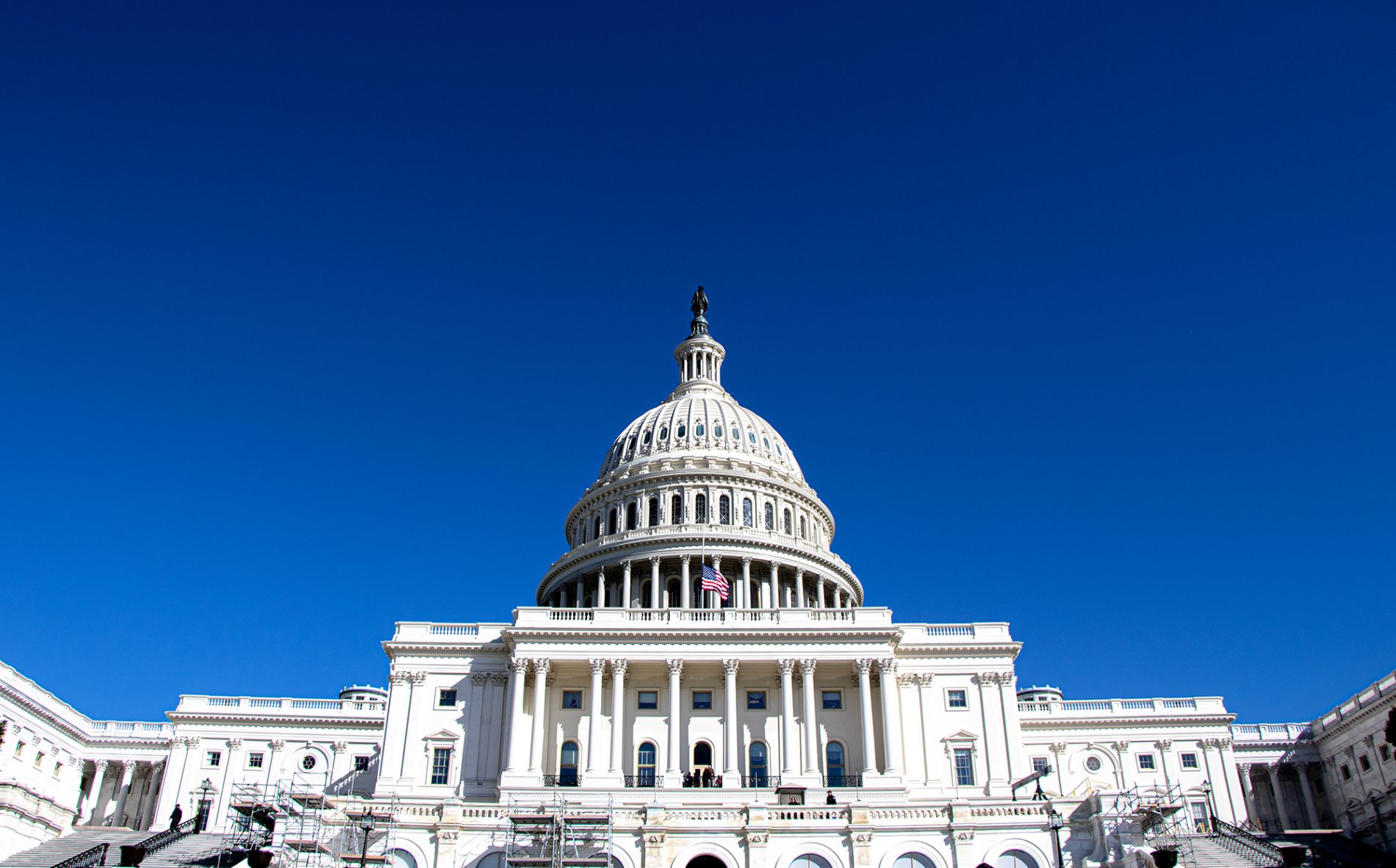Views expressed in opinion columns are the author’s own.
It’s really hard to celebrate progress when it feels unsubstantiated.
That’s at least how I feel in the wake of the recognition of Juneteenth as a federal holiday.
Juneteenth observes the events of June 19, 1865, when enslaved people in Galveston, Texas, learned the Emancipation Proclamation of 1863 had set them free. Juneteenth serves as more than just a general “independence day” for descendants of enslaved people — it also serves as a time to celebrate the positive contributions Black people have made to this country and acknowledge where our government has fallen short in providing Black people the equality they advertise. At the White House, there was little hesitation in celebrating the achievement, as many politicians and American citizens have been working on this for decades. However, the Biden administration has been quiet on continued progress — it has yet to make tangible changes that could actually benefit Black Americans, such as developing a clear and detailed plan to cancel student loans or defunding the police.
Without initiatives that would see Black Americans prioritized long after Juneteenth ends, the decision to make Juneteenth a federal holiday feels more like checking a box instead of taking the first step in a long journey to racial healing. Without real legislation and programs to accompany Juneteenth’s new federal holiday status, the action will continue to feel performative.
Now, each year on June 19, we will have a holiday to remind us of the continued struggle Black Americans face in the U.S. On the surface, this looks like a sufficient act in our continued national work towards racial healing. But in practice, as more than 20 states look to ban the teaching of critical race theory in schools, the action comes up short. Critical race theory is an academic movement that looks to explore how race has shaped — and will continue to shape — American laws, the economy and social scene. In short, it simply acknowledges racism has existed and still does. But, this teaching has been branded by conservative lawmakers as a mechanism to pit people from underrepresented communities, particularly Black Americans, against white Americans. As resentment grows toward the ideology and its teachings, institutions are beginning to distance themselves from it.
When students lose this type of education in schools, they may believe that Juneteenth was the end of racial inequality in the U.S., and that there is no more work to be done. In reality, Juneteenth marked the end of slavery in Texas — one vile era in American race-relations — but a segue to one of segregation, redlining and violent policing, which still persists today. Believing Juneteenth was the end of the road for Black struggle in the U.S. is dangerous for the millions of people currently working to improve the lives of Black Americans, as it closes the door on other substantive policy agendas.
Improving the Black experience is very much in the Overton window, or scope of socially-acceptable topics for politicians to tackle. But given the current polarization of our government and media, any action could always be branded as enough. Therefore, solely establishing Juneteenth as a federal holiday — while watering down tangible policy items — creates an argument that the focus can now be shifted away from Black communities and voters and on to other pressing national issues.
But, Black communities and voters need — and deserve — more.
One action that would give weight to the recent measure would be passing the John Lewis Voting Rights Act. Rooted in the attempted restoration of the original Voting Rights Act of 1965, this new bill would help restore some equity to voting, particularly in areas with a history of voting rights violations and disenfranchisement. This could allow for more Black communities to be engaged in elections and policymaking, creating a more representative democracy as a whole. Further, with more Black voters involved in elections, the chances of a candidate entering office who intends to exploit and hurt Black communities will likely decrease.
Speaking of electing candidates into office, one cannot overlook the direct involvement underrepresented communities had in the election of President Joe Biden and several Democratic lawmakers this past fall. Black voters, particularly in Georgia, used their state’s large electoral influence to give Biden the keys to the White House and Democrats control of the Senate. In order to thank Black people who braved several barriers to get Biden and his partymates into office, it is imperative he tangibly invests in Black communities instead of just exploiting them for their ever-growing electoral power.
On the surface, I do believe the designation of Juneteenth as a federal holiday could be a step in the right direction — but one step forward in one area and four steps backwards in another only prolongs our already arduous journey to racial equality in the U.S. If this administration wants to prove it truly values the Black communities that helped earn its place in the White House, this action should only be a drop in a much larger bucket.
Anthony Liberatori is a rising junior environmental science and economics major. He can be reached at alib1204@umd.edu.



